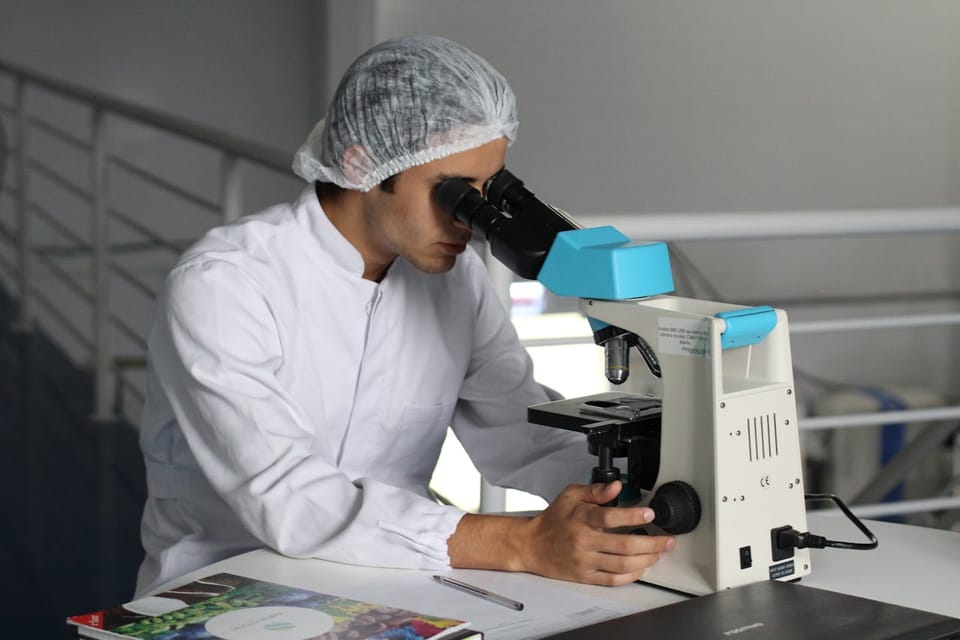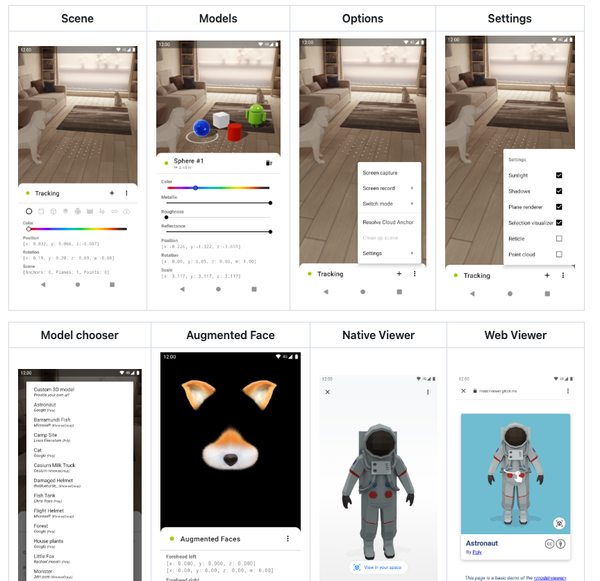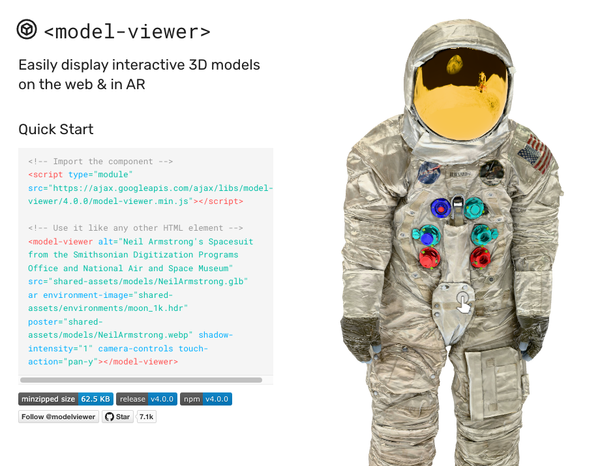How Does Technology Help in Managing Chronic Disease?
Table of Content
Treating a chronic illness is tough; living with one is even harder. Luckily, no matter how drab the news might have you thinking the world is, some things are truly getting better all the time. Medicine and the tools we use to conduct and administer its practice certainly fall into that category.
Many people are doing an online ABSN degree, but no matter how many nurses and doctors we get, we can always use newer and better tech to make their jobs easier. If it helps them diagnose, treat, or cure things that are causing people problems, it’s always a win.
The Role of Tech in Research
We can’t diagnose something unless we know it exists, can we? That’s where research comes in.
Doctors and scientists are forever tasked with the unenviable job of trying to understand the unknown. New diseases are discovered every year, but trying to find them deliberately can be a bit like searching for a needle in a haystack. Researchers and hospitals need to sift through massive volumes of information on new, existing, and former patients in order to understand the patterns that indicate a new disease.
That’s why many researchers rely on tools like Wolfram Alpha to help them better understand large datasets and investigate new or poorly understood illnesses.
Going through all of that data manually would be either truly impossible or close to it without computational tools designed to analyze biomedical data; tools like Wolfram Alpha allow them to organize, search, and process large datasets - still hard work involving years of study of incredibly complex biological systems and phenomena, but maybe more like using a magnet to find the needle.
Reaching a Diagnosis
Sometimes, the hardest part of managing a chronic illness is getting it diagnosed. This is the stuff that keeps even seasoned doctors up at night. Chronic conditions often go missed by doctors - many hesitate to diagnose rare conditions for purely statistical reasons since doctors are trained to investigate and diagnose the most likely cause of any symptom.
Sometimes it’s negligence; sometimes doctors simply aren’t able to detect an illness that might have gone unnoticed by both patients and their previous doctors for decades.
It’s pretty tough to diagnose chronic pain or other “unusual” sensations that doctors rely on their patients reporting to them in order to know where to start looking if the patient has felt the same way their whole life! A patient’s acclimation to the symptoms of a chronic condition can make it all but impossible to diagnose, save new symptoms noticed by a keen doctor who knows how to ask the right questions and remembers symptoms of rare diseases, or maybe a lucky blood test.
Technology helps here, too. While tools of the trade are forever changing and improving, cutting-edge artificial intelligence research by companies, like Google, are helping create new tools that may very well revolutionize the diagnostic process. Artificial intelligence, while imperfect, is quickly finding a valuable niche in the diagnostic process.
AI image recognition technology has become so sophisticated, that it can sometimes be even better than doctors at understanding test results or scans like X-rays.
Patient Treatment
When we think about technology improving treatments, we often think about new medicines. This is certainly an area where technology is having a massively positive impact, with protein-folding AI Alpha Fold designed by Google helping perform incredibly complex biomolecular calculations and simulations in order to design new drugs.
There are hopes that this technology can someday become affordable enough to help design customized treatments for individuals based on their unique biochemistry - we’re not there yet, but we do have the technology; now it’s about scaling the tools and making them more readily available.
But it’s not just about fancy new medicines - deep learning is helping us not only to design individual therapies but also to help collate and manage treatment plans. Predictive analytics is a relatively new paradigm of medical data science that uses deep learning algorithms to help predict the degree of efficacy or likelihood of positive outcomes for certain treatments using amalgamated data about the patient, from their blood type to lab test results.
Predictive analytics can even help prevent the possibility of treating patients with medicines that might be likely to produce negative side effects or other adverse effects on their condition.
Support Through Socializing
One of the most detrimental aspects of chronic illness that often flies under the radar is the impact these diseases have on the ability of those suffering from them to live normal lives. As if it wouldn’t already be hard enough to be disabled or require constant care, the hardships imposed by chronic conditions often make it hard for people to lead normal social lives.
Luckily, everyone has a phone these days. The dawn of ubiquitous, free, high-quality real-time video chat has been a game changer. No longer are the bedbound limited to interacting with those who can find the time to visit them - the internet allows them to reach out on their own. Online support communities have shown real promise in allowing those afflicted with chronic illnesses to both find support and interact with others who share their too-often rare, poorly understood conditions, offering them both emotional support and even help to obtain proper treatment.
Some of the afflicted manage to even become successful social media influencers, enabling them to support themselves financially while sharing their knowledge and experiences with the world. After all, having a chronic illness doesn’t have to make someone less useful - even someone who is bed-bound can often still be an effective knowledge worker.
The fact that we’re constantly discovering new chronic illnesses might not sound encouraging, but it is! For far too long, millions have suffered in silence, without diagnosis or treatment. Luckily, technology is bridging both of those gaps every day. Who knows - with artificial intelligence and materials science pushing the boundaries of our understanding of, and ability to manage, the imperfect human body, we may yet live to see the day when such concerns are a thing of the past.










